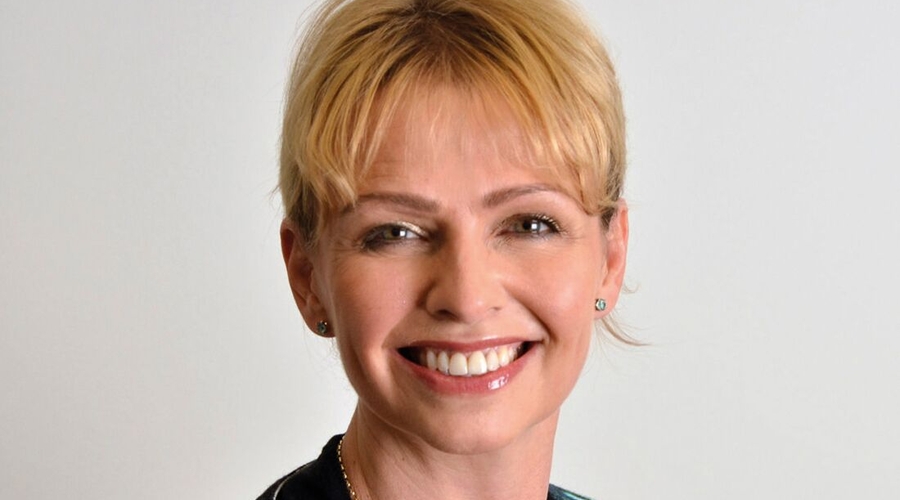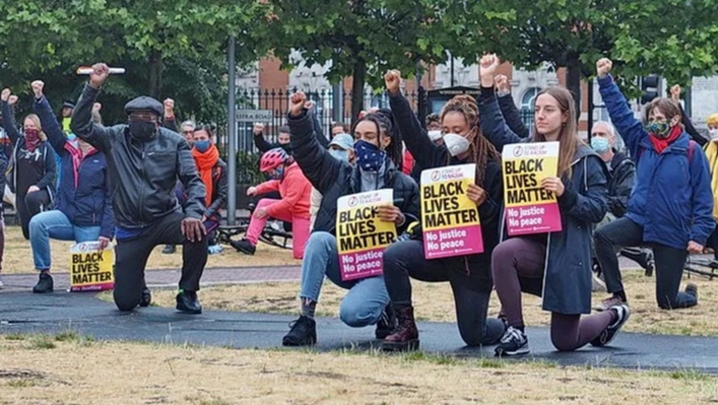Cat Lewis proposes a strategy for building a vibrant production sector across the UK
As TV producers, we’re facing more global competition than ever before. Whenever they wish, viewers can watch one of many programmes from around the world on Netflix or Amazon, rather than one of our shows. Or they can stream or download dozens of feature films available via their TV sets.
I genuinely believe that the best response to this difficult situation is to embrace the creativity of the whole country, and not just rely on Londonbased programme-makers.
Since the 1950s, British TV has been a national industry, engaging with diverse talent across the UK. This system created some of our very best shows, from Coronation Street to Happy Valley, and all of Russell T Davies’s work, including his forthcoming series, Years and Years.
Over in France, you’ve only ever been able to work in TV if you live in Paris. I believe this is one reason that their TV industry is not world leading.
Here in the UK, Channel 4’s creation of a new HQ in Leeds, plus two hubs in Bristol and Glasgow, comes as Ofcom is tightening the criteria for what counts as a production made outside of London. This signals the start of a new meritocratic and more diverse era.
Key to creating sustainable production centres is ensuring that there are strong talent bases of freelance programme-makers who can not only work in TV, but enjoy fulfilling careers outside London. That’s why the networking sessions the RTS organises across the UK are so important.
The more communication there is between those who work in our industry, the more likely it is that companies in the nations and regions can work together to keep their local talent employed, trained and promoted. And, together, they can create clever solutions to tackle any skills gaps.
Ofcom must ensure that its updated “made outside London” criteria encourage programmes made by operationally independent companies. These firms should use local talent at all levels of seniority so they are not reliant on London for post-production. Otherwise, there’ll be no investment in facilities outside the capital.
Crucially, there has to be enough production in the nations and regions to keep everyone employed. As we are an informal, relationship-based business, Channel 4’s decision to move commissioners outside London is hugely important.
Many of us hope that the BBC will soon do the same. When Caroline Thomson, the former head of operations at the BBC, created MediaCity, she very deliberately ensured that commissioners were part of the mix. The work of North West-based independent production companies such as mine has been transformed by being in the same city as commissioners, albeit only for children’s programmes and BBC Learning.
Through the anchor tenancy of the BBC, MediaCity is now one of the most successful regeneration projects in Europe. It employs more than 8,000 people, many more than worked there when the Manchester docks were at their peak.
This is why the Government is so keen for Channel 4 to help create similar success stories in Leeds, Bristol and Glasgow.
Public service broadcasters need to be much more strategic about what they commission from outside London. Production companies in the nations and regions need more returning series – but an economic report commissioned by Ofcom and published in December 2018 reveals that 86% of today’s returning series are made in London.
More worryingly, in 2017, 75% of new series were commissioned from companies based in the capital.
Channel 4’s decision to create a returning weekday live series broadcast from Leeds is excellent news. It promises an amazing opportunity to nurture the next generation of programmemakers in the north.
In an industry based on relationships, in which London plays such a dominant role, it’s also a very good decision to put the opportunity out to tender. Tenders level the playing field and should be used more widely as a way in which PSBs can create more returning series in the nations and regions. n
Cat Lewis is Chair of the RTS in the North West and runs Nine Lives Media.






